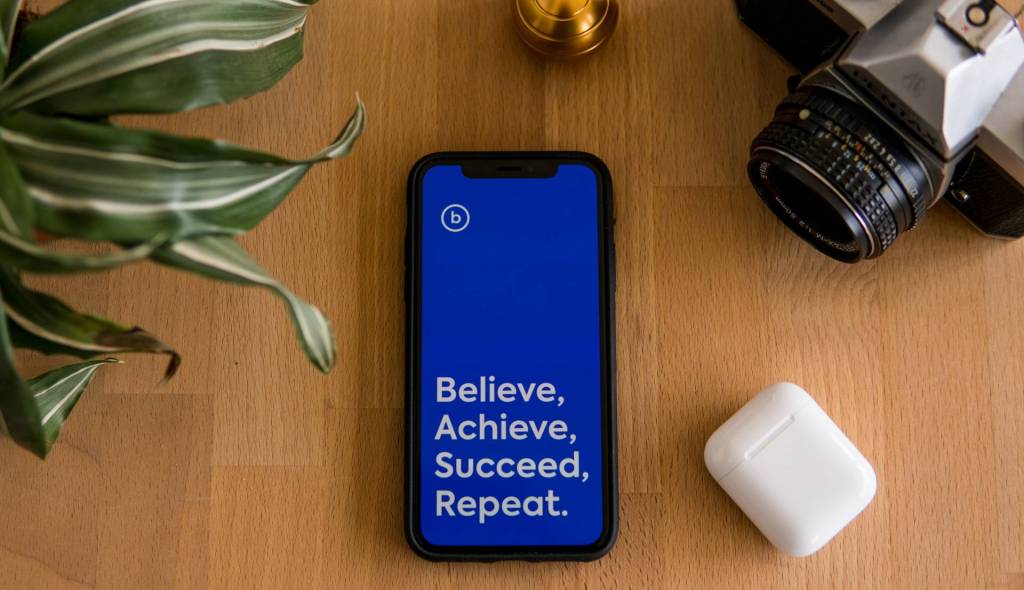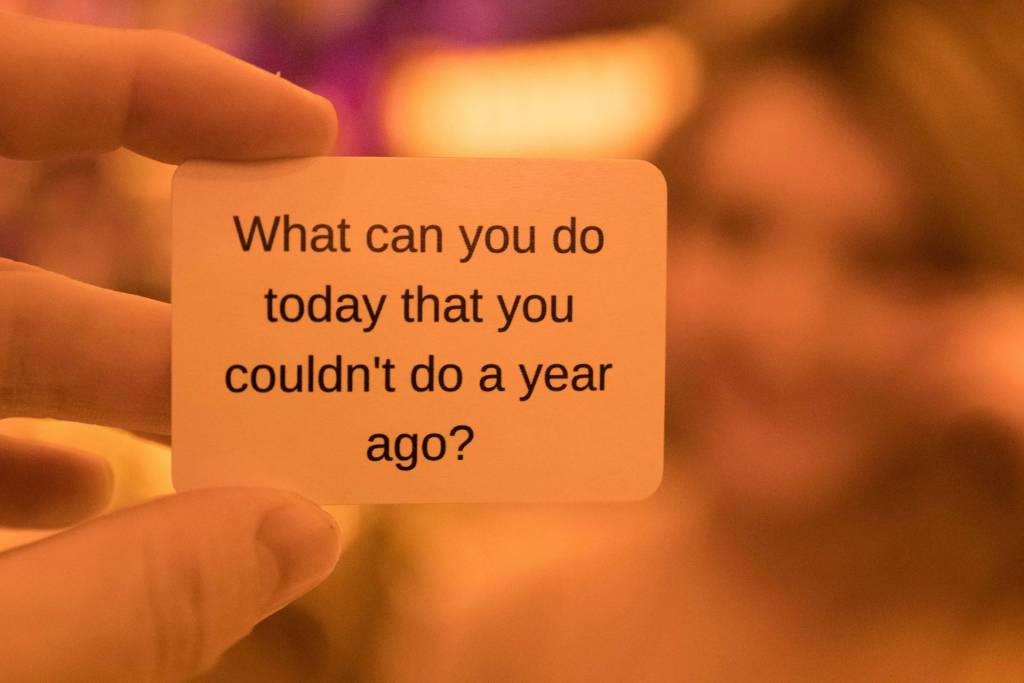How you manage your career depends on whether you are a generalist or specialist.
When I started my career in the 1970s, large corporations valued generalists. In my 22 years of working for IBM, they let me take a variety of career paths. It also suited my personality, because I have a lot of varied interests. After a few years in a job, I would get bored and wanted to do something new.
IBM allowed me to work with a lot of leading-edge technologies that are still around today. Some of these included:
- Word Processors – I worked with early word processors even before the IBM PC was released.
- 3D printing – I was working with early 3D printers in 1989.
- HTML and Internet Applications – I was designing Internet applications in the 1990s, long before it was common.
- Advanced Router Design – When I left IBM in 2000, I developed a curriculum to teach major equipment manufactures how to design next generation routers and switches.
- High Definition Video – In 2007, after spending a couple years teaching high school math and working in the non-profit arena, I went to work for an HD video conferencing start up developing a training and certification program.
I am a generalist. I have enjoyed working with a lot of different technologies and methodologies. My challenge was that I got bored about every three years and wanted to move on to something different.
Specialists Rule
A fundamental shift started about twenty years ago. As technological change sped up, the need for specialists increased. Starting in the mid 1990s, I saw many move on to become specialists—and they were generously rewarded… for awhile. If you developed skills and became a specialist in an area that was in the early adoption phase, you could make a lot of money, again, for awhile. That was only true until others developed those same skills. The key was to identify correctly which skills would be desirable to have a year or two ahead of the demand.
This is easy to see in the world of technology, but does it apply elsewhere? YES!
In the world of Human Resources, you could be a generalist or a specialist in recruiting, compensation, benefit programs, diversity, HR IT, etc…
In the world of sales, you could be a generalist or a specialist in B2B or B2C, Internet sales, Channel sales, etc…
The challenge is that, if you are a specialist, your skills may not be valued in 5, 10 or 15 years. Let me give a few examples of skills that have become obsolete:
- Experts in direct mail (snail mail) marketing – With the exception of credit card offers, what industries still market through direct mail?
- Travel agents – When was the last time you talked to a travel agent? Fifteen years ago, this was still a valued skill.
- Specialists in the complex process of laying out news print for your daily newspaper – When did you last pick up a paper newspaper?
- Photo-Journalists – Why have photo-journalists when everyone has a camera?
These were all valued skills just a few years ago.
What if I am a Generalist?
Generalists are typically more valued in smaller organizations. Small organizations typically cannot afford to hire a lot of specialists. I have a client who is a marketing generalist. She likes to write press releases, e-mail marketing, social media, direct mail, creation of collateral… You will be more valued in smaller organizations who need their employees to wear a lot of hats.
What if I am a Specialist?
Specialists need to stay on top of their areas of expertise and be willing to move when their expertise becomes a commodity or obsolete. This requires vigilance and the willingness to move with industry trends. You must be aware of disruptive trends in your industry.
Examples of Disruption
Taxi and Limousine Services – Will Lyft, Uber, Sidecar or even Google’s Driverless car make these businesses obsolete?
Local Television News – When did you last watch the evening news? The local news programs are still around, but will they be in ten years?
Cable Television – Why have cable television service when there is Netflix, Hulu, etc?
Facebook Marketing – Will Facebook be relevant in 10 years? It did not exist 10 years ago and may not be relevant in another 10 years.
Give it some thought.
Are you a generalist or specialist?
Are you prepared for disruptive change that is coming?
Check out my book Repurpose Your Career – A Practical Guide for Baby Boomers
Do not forget to follow me on Twitter or FaceBook













